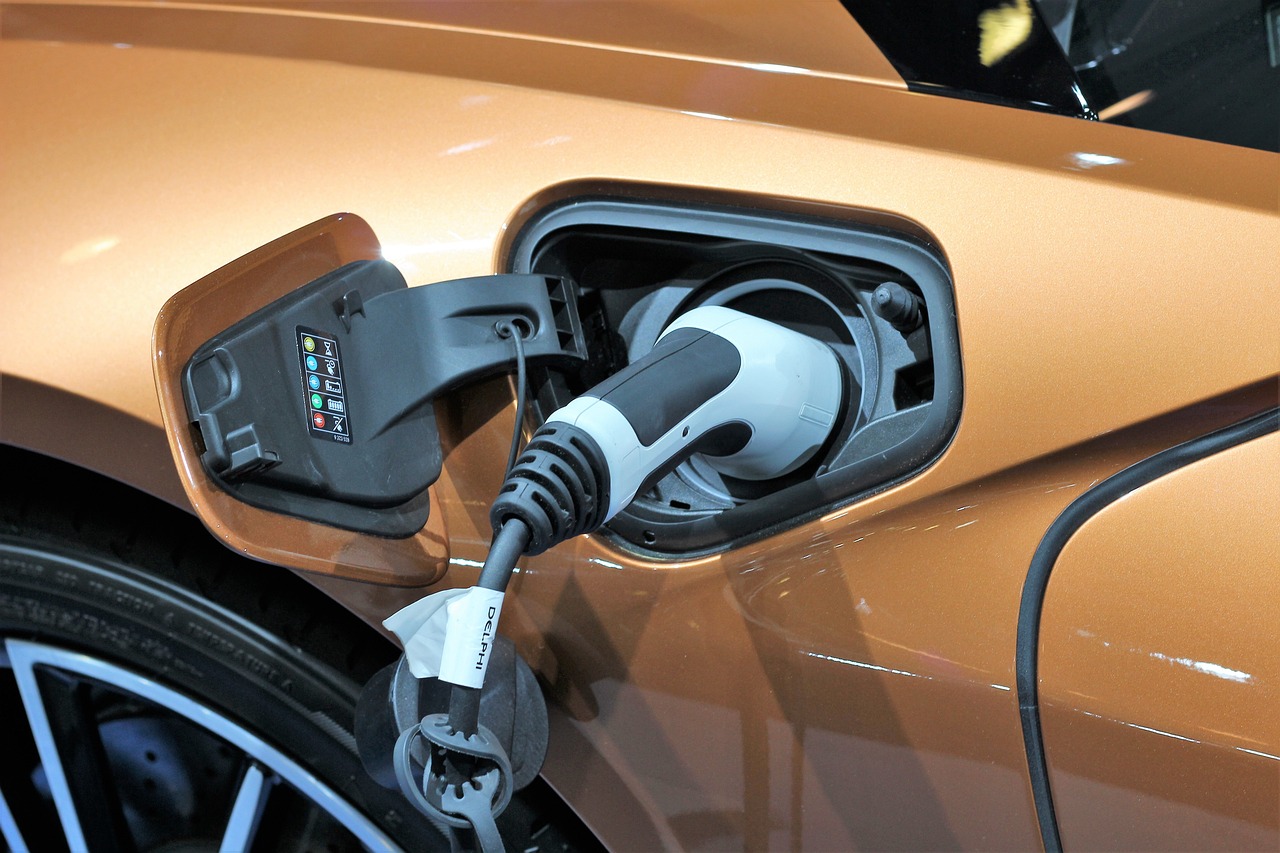July 15th was the day in 2024 where a petrol driver starts paying more than an EV driver for motoring
Named 'Electric Car Day,' it has been proposed that electric vehicle (EV) owners now experience 'free' running costs for the remainder of the year compared to those driving combustion-engine vehicles. The Electric Car Scheme has pinpointed July 15 as the crossover day, when a petrol driver surpasses an electric driver's annual fuel costs. This transition occurs earlier this year due to reduced electricity rates. Because fuel prices and the energy price cap fluctuate, this date varies annually. In 2023, with higher electricity prices, it fell on August 1, indicating that EV owners saved more on fuel in 2024 due to lower energy costs.
A petrol driver will surpass an electric vehicle (EV) driver's annual fuel spending by mid-July. This finding stems from analysing the yearly fuel expenses of the average UK driver covering 7,400 miles. Petrol drivers are projected to spend around £1,268, while electric car drivers are estimated at roughly £680. Petrol cars, with an average fuel efficiency of 38.8 miles per gallon, are influenced by the current petrol price of £1.44 per litre in 2024. In contrast, the average cost per mile for electric driving is a mere £0.09. This cost can vary depending on the EV model and charging habits. For example, using an off-peak tariff to charge a Tesla Model Y Long Range could achieve this milestone as early as March 10. To expedite reaching their Electric Vehicle Day, drivers are advised to utilize home charging with a 7kW EV charger, especially in conjunction with a solar panel setup.
On March 5, a petrol car surpasses the carbon emissions of an electric car for an entire year of driving and power usage. Although the UK's power grid still relies on fossil fuels, electric vehicle (EV) driving isn't entirely emission-free. With the increasing integration of renewables into the grid, this day is projected to shift earlier annually. Over the past year, 38.1% of the UK's electricity came from renewable sources, resulting in 352kg of CO2 emissions for 7,400 miles traveled by an EV, in contrast to 2,000kg emitted by an equivalent petrol car.
Thom Groot, CEO and co-founder of The Electric Car Scheme, commented: "For the rest of the year, electric car drivers can be confident that petrol drivers have already spent as much on fuel as they will for the entire year. Additionally, since early March, EV drivers have been driving virtually emissions-free compared to traditional cars, significantly reducing pollution in our communities and bringing health benefits."
"While it's well known that driving an EV reduces fuel costs and emissions, this is not always easy to visualise. That's why we created the concept of 'Electric Car Day' to highlight the substantial impact of switching to an EV. As we celebrate for the second year, we see this impact growing as electricity prices fall and more of it comes from renewable sources."
"We recognise that upfront costs remain higher for electric cars, which is the main barrier for many Brits. This is why we created The Electric Car Scheme, enabling more drivers to afford an EV through salary sacrifice, offering savings of up to 60% on a lease—similar to the Cycle to Work scheme, but for electric cars."
The study marks the second year the group has identified a crossover point where EVs start paying back
.
AA President Edmund King commented: “We understand why some drivers have been hesitant about EVs due to higher upfront costs, but with prices coming down and running costs falling, it could be the right time for a new cohort of people to consider if an electric car is right for them. The data shows a clear delineation in the relative costs and environmental impacts of driving a petrol car, which is hard to ignore, especially as the date when a petrol driver spends more on fuel than an electric driver will over an entire year creeps ever earlier.”
Electric vehicles offer environmental benefits beyond carbon emissions due to advancements in battery technology and increased use of renewable energy. Resources like websites and apps help drivers assess savings and environmental advantages. The expanding public charging network reduces range anxiety for potential EV adopters. 'Electric Car Day' marks a shift towards sustainable transportation, reflecting advancements in energy. As technology and infrastructure improve, the benefits of electric vehicles will become more apparent, promoting a cleaner future.




